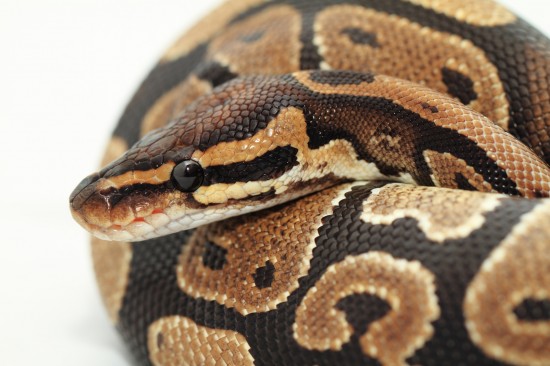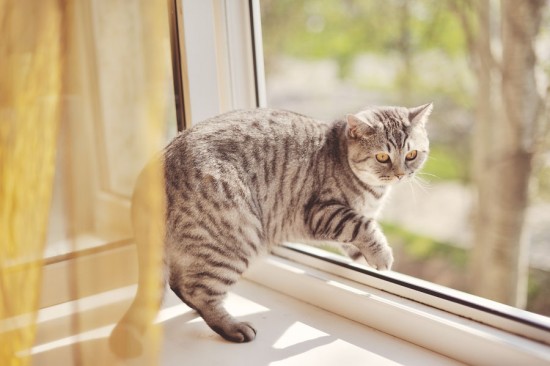Just when you think that the side effects of smoking tobacco products could not get any worse, it just did. You are most likely aware of the obvious repercussions: heart attack, lung cancer, cancer of other organs, stroke. And you are most likely aware of the worst repercussion of all: death. But did you know that humans are not the only ones susceptible to being harmed by tobacco products?
Yup, that's right. Research has uncovered the fact that smoking around your companion pet has a negative impact on its health. Whenever you light up inside your home, you are not only harming your other human loved ones but also your furry loved ones. Lighting up outside is probably not a good idea either because you are exposing other outdoor animals to this toxic smoke as well. Any nearby birds, stray cats or dogs, and any other wildlife will be affected, albeit in smaller doses than your companion.
They are not only inhaling the same chemicals and toxins that you are inhaling but they are also licking it off of their own fur. Smoke particles in the air eventually come to rest on the animals' bodies and are then licked off during grooming time. What smoking can do to a human is magnified because an animals body handles the smoke and toxins in a different way.
Dogs in a smoking household were found to have a 60% greater chance of developing lung cancer than dogs who did not reside in a smoking household. Even worse, dogs with longer noses, such as greyhounds and German shepherds, were even more susceptible to getting nasal cancer. Some common symptoms of lung cancer in dogs are weight loss, unusual lethargy, wheezing, and coughing while common symptoms of nasal cancer include nasal swelling, sneezing, and nasal bloody discharge.
The most common cancer amongst felines is lymphoma and a cat is three times more likely to develop this type of cancer in a smoking household. Cats that live in a smoking household are anywhere from two to four times more likely to develop malignant lymphoma and other disease.
And the negative effects are not limited to just your cats or dogs. Birds and other household pets can all be affected by the toxins in tobacco smoke. Veterinarians advise that any smoking should be done a few feet away from any entryways to the home to reduce the amount of smoke that travels back to the house.

 The Coefficient Of Inbreeding In Pedigree Dogs, And Why It Matters
The Coefficient O
The Coefficient Of Inbreeding In Pedigree Dogs, And Why It Matters
The Coefficient O
 Retained Eye Caps In Snakes Explained
Retained Eye Caps
Retained Eye Caps In Snakes Explained
Retained Eye Caps
 How To Keep An Outdoor Cat Indoors If Needed
How To Keep An Ou
How To Keep An Outdoor Cat Indoors If Needed
How To Keep An Ou
 Dogs Mans Best Friend
The answer to this question is easy for everyone who ha
Dogs Mans Best Friend
The answer to this question is easy for everyone who ha
 Five Universal Personality Traits Of The Hungarian Vizsla
Five Universal Pe
Five Universal Personality Traits Of The Hungarian Vizsla
Five Universal Pe